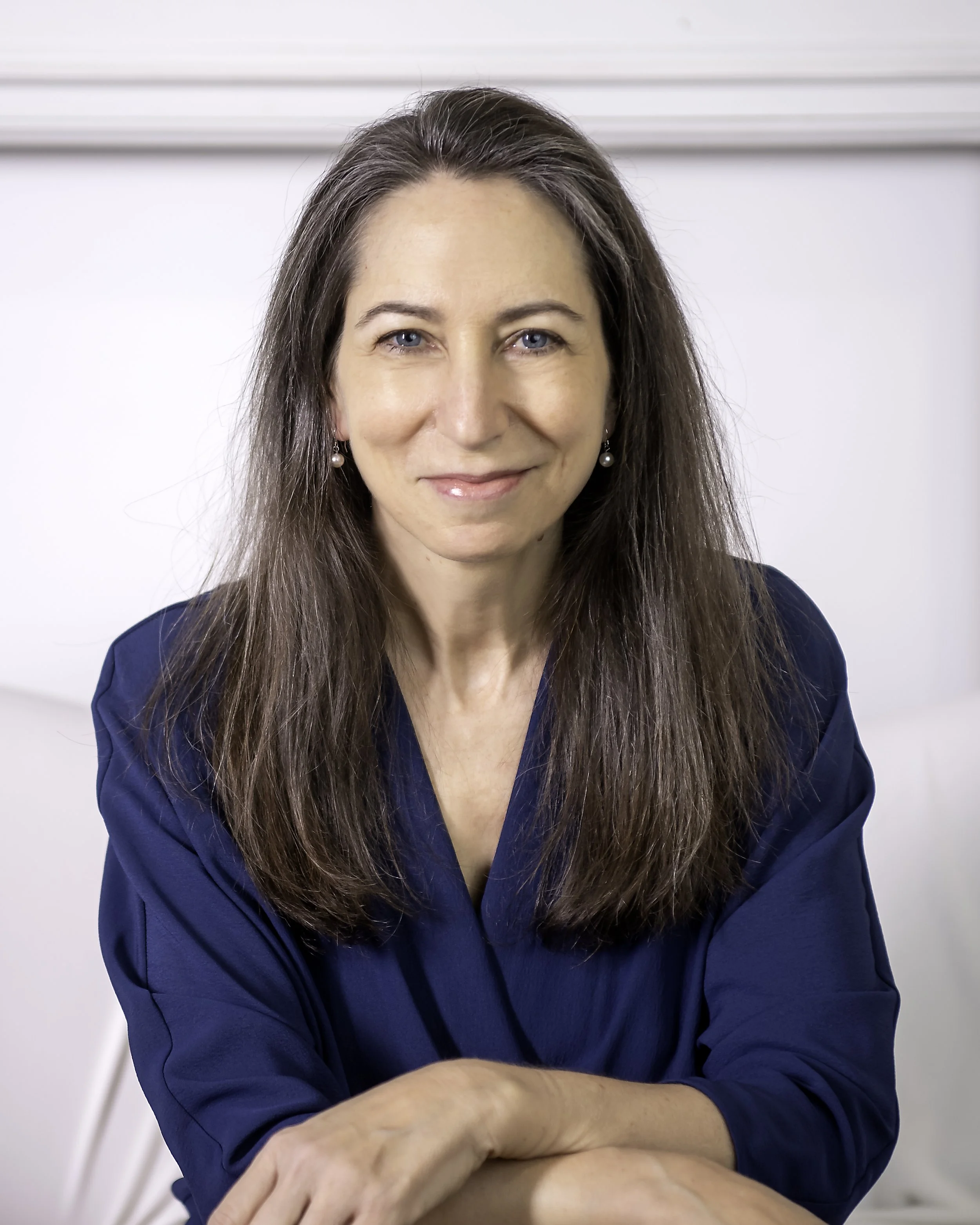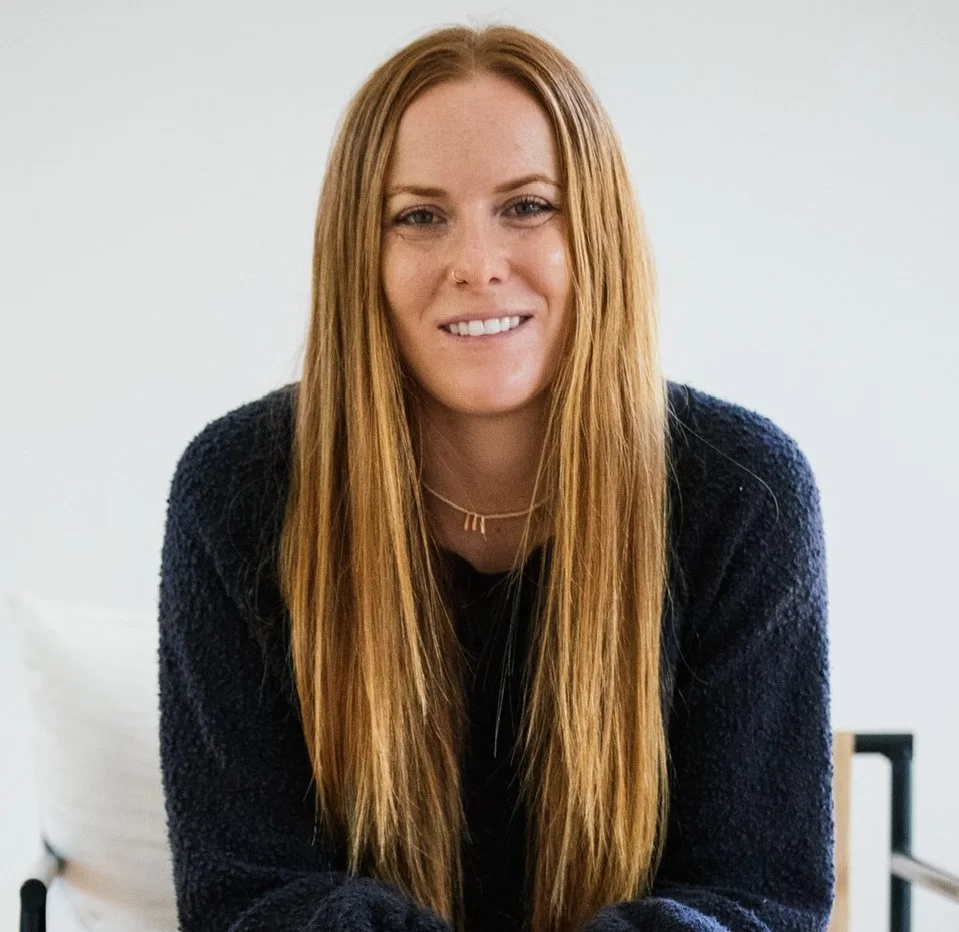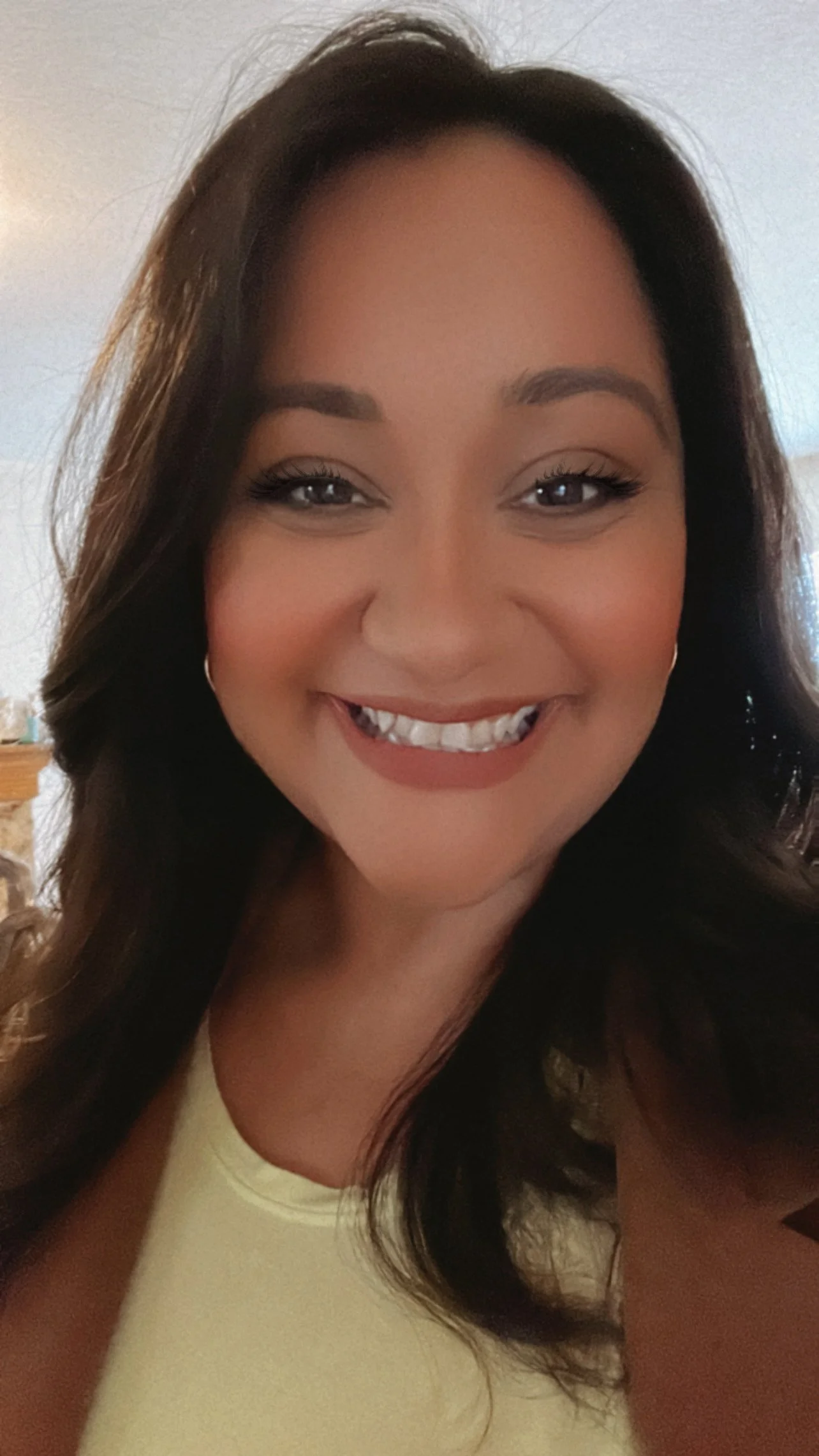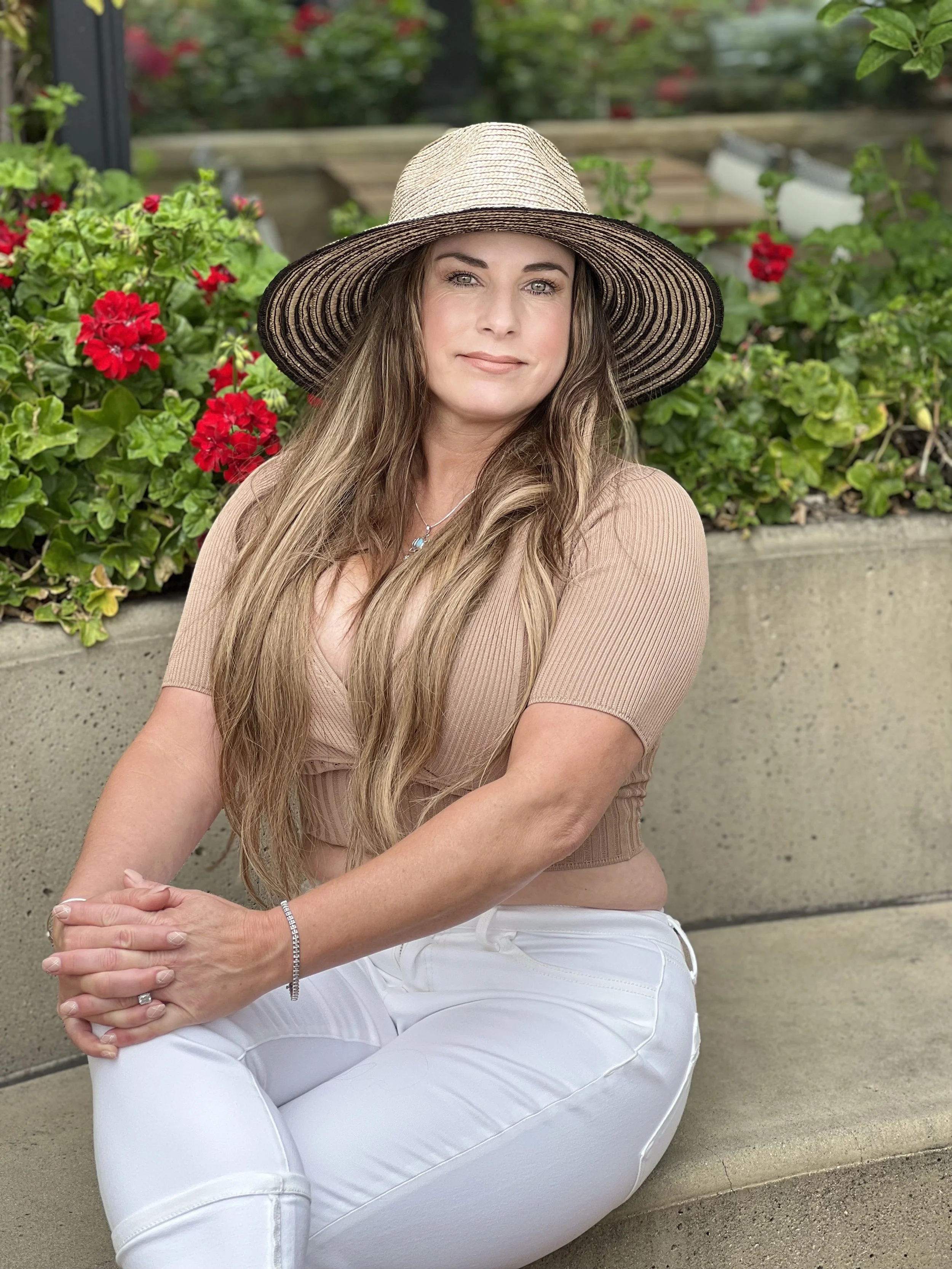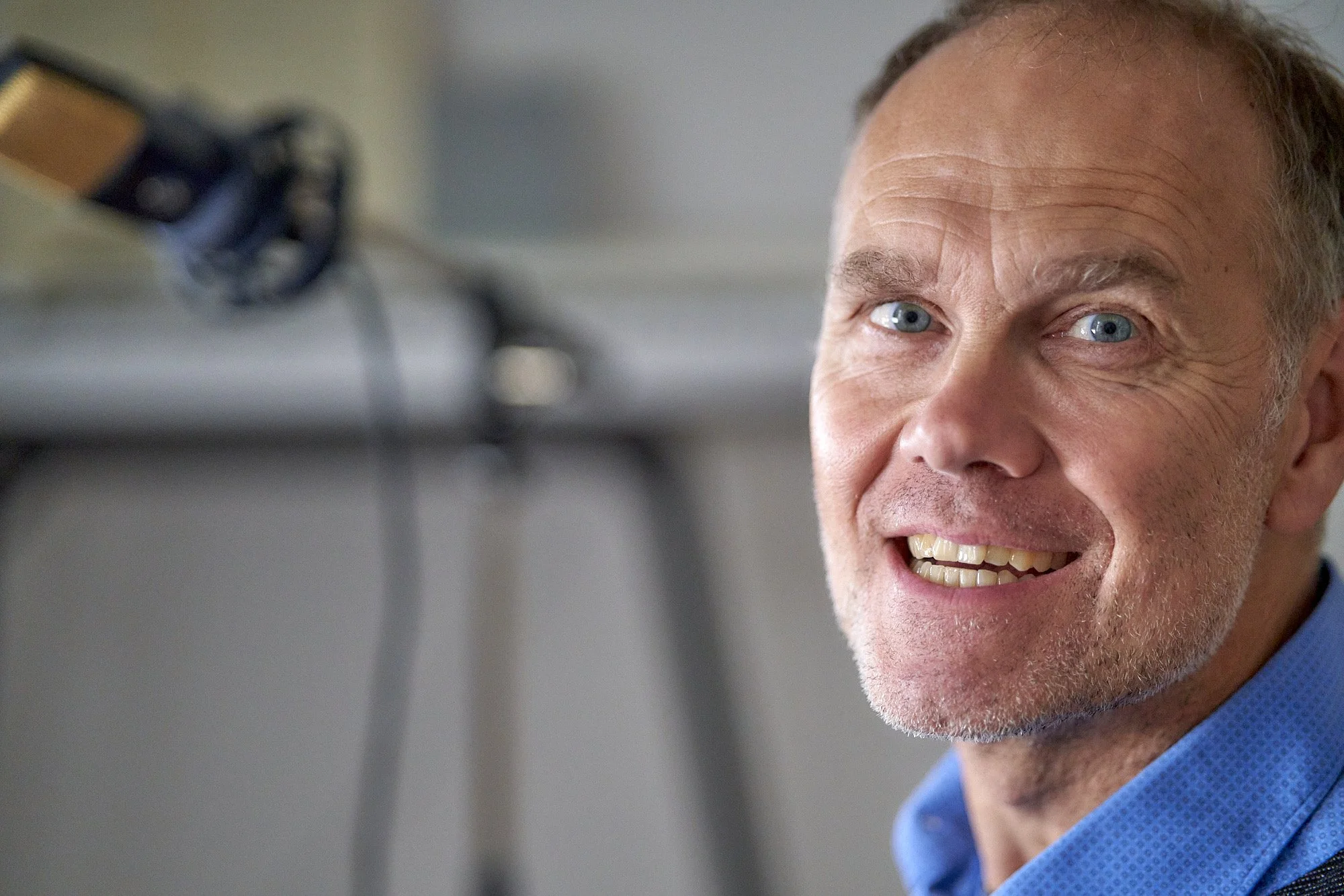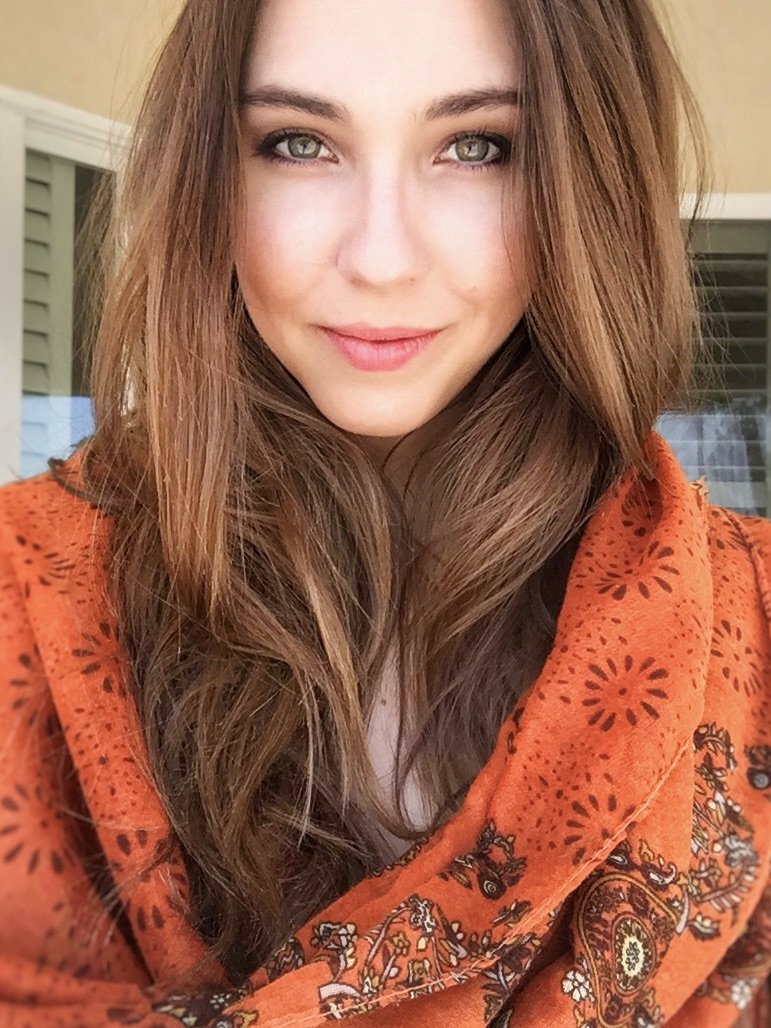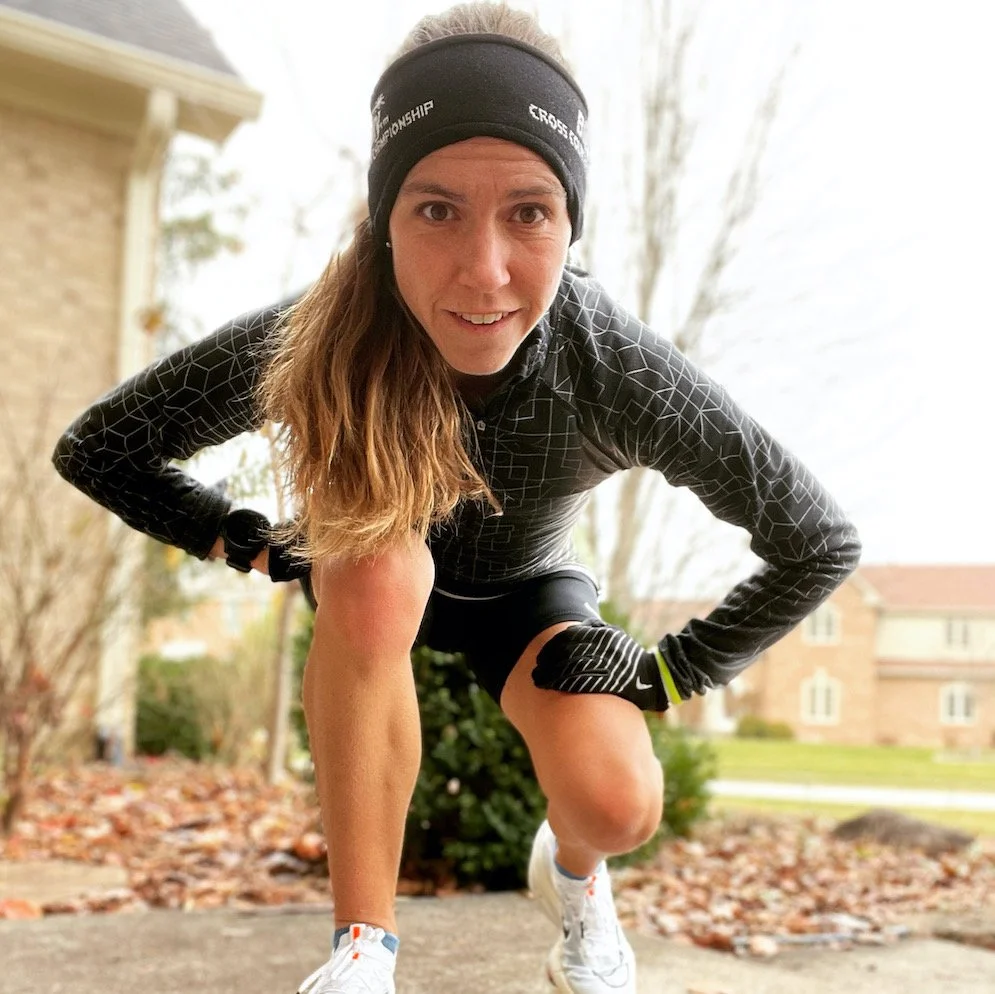Play Zone Testimonials
“I think Michael’s videos and presentations using tennis are really saying that the successful player is one who is able to navigate in a physiological state during great adversity but not in a sense losing it but maintaining enough self regulatory activity and actually using the social interaction with the competitor as a way of co-regulating. So picking up some cues from the other that are not cues of threat, but are cues of interaction. Using tennis as a metaphor for life, people might focus on competition as the underlying theme. I go down to a more primary level - it’s interaction. What is the interaction teaching us? It’s teaching us to be very attentive of the other person’s bodily movements, facial expressivity, muscle tension, gait; so we are picking up all these cues from our own neuroception, that we have to now interpret. We start to interpret our bodily reactions to a person who may make an aggressive behavior toward us, and we now have to deconstruct that before we react on an impulsive, reflexive level.”
“Simplifying this, it’s not just competition, it’s social interactions, in which the cues are not necessarily welcoming. In a sense, that’s what competition is, or that’s what social interactions that are competitive, or non supportive are. They are sending cues to our nervous system that they are not in a sense watching our back, which they are not. They are trying to create the space for themselves to succeed. In general, all work environments in which evaluation is the constant underlying theme parallels this! It's not like we can give up our hypervigilance - we have to manage that need to be safe enough to function at a high level. I would say that the business world, academic world, any competitive world has all these same features” that we find in competitive sports.
Dr. Stephen W. Porges Ph.D.
Researcher, Author, Speaker, Polyvagal Institute Founding Member, Developer of The Polyvagal Theory
Course Testimonials
Westmont College Women’s Tennis
For our team The Play Zone has become an invaluable resource on and off the court. It provides us with a common paradigm and vocabulary that each player and myself subscribe to and understand. It has made us more effective and connected in the ways we communicate about tennis, nerves, competition, expectations, and performance. Additionally, it has provided my players with an arsenal of resources and tools that they can control to create and manipulate their own container of safety (COS) and influence their teammates’ COS as well. As a coach, it’s given me a new and different lens for how I determine what a player needs from me and how I choose to communicate and lead. I’m very much looking forward to applying The Play Zone practices into my coaching during our season this upcoming spring. I believe it’s a tool that will only grow in value to us the more we put it into practice.
Cade Pierson, Coach
NAIA All-American Second Team 2020 & 2019; ITA NAIA West Region Senior Player of the Year 2020; ITA NAIA Arthur Ashe Leadership & Sportsmanship Award; Golden State Athletic Conference's Cliff Hamlow Champion of Character Award; GSAC Newcomer of The Year 2017
“Michael and I started playing [tennis] weekly about 4 years ago. Virtually every time we have played, there has been discussion about ways to improve performance on the court, especially during stressful moments, invariably citing matches between top pros that illustrate either mental resilience or mental breakdown (or a mental state in the middle where it could go either way).”
”By employing these tools, I noticed my level of play improve significantly and become more consistent. In June 2021 at the National 60’s Hardcourt Championships, I defeated 2 players I had lost to a combined 20 plus times over the past 30 years and had never defeated, on my way to winning a bronze ball. I attribute much of my performance at that tournament to the work I have done with Michael, the methods he has developed, and The Play Zone program that provides clear and accessible tools to become a more complete player – to marry the physical with the mental. I encourage any tennis player or athlete who wants to get better at the mental game and have a more meaningful athletic experience to work with Michael and find The Play Zone in yourself.”
Neil L.
Lawyer, USTA top 10 doubles & top 20 singles rankings in multiple age group divisions; Gold ball doubles at National 50’s Hardcourt Championships; several silver and bronze balls in singles and doubles in several divisions; Play Zone Champion
“Through applying a variety of strategies I learned through the Play Zone, such as breathwork and meditation, I improved my awareness and control of my emotions on the court. Now I prepare smarter for my matches, and am able to navigate and understand tough situations better both on and off the court. Overall, the Play Zone is both holistic and thorough, and works great for professionals like me to gain a better understanding of the highs and lows of our performance. Even more importantly, I can see how it can help people from all walks of life improve their feelings of trust, safety and connectedness to the world around them.”
Graham M.
Top 20 Southern California Men's Open Singles Rankings, 12 UTR
NCAA division III All American
“As a professional beach volleyball player, when I’m about to serve, I take my time, take a deep breath, and exhale slowly to relax my body and reassure my mind that it’s just like practice. It helps to calm me down and put things in perspective if my heart rate or mind starts to race. When I’m passing, I do the same breathing technique, but in this instance I also tell myself I want the ball. Whereas, if I’m getting too passive on the court, I’ll put a lot of tension through my body (basically tightening up my muscles in between points or a timeout), and also lengthen my inhales with faster more powerful exhales to get my heart rate up.
Off the court, I maintain an awareness of my breathing, especially when negotiating in business or having an uncomfortable conversation in my personal life. I take things less personally now, and I know when to back off because I pay attention to body language and tone of voice more, in myself and in my interactions.
No doubt, the Play Zone armed me with the knowledge I need in order to achieve and sustain my highest level of performance on and off the court. Michael Allison guides you through the steps you need to take to be the best version of yourself during those high leverage moments. If you want to take the next step in your personal and professional development, I’d recommend reading his book or taking one of his courses. ”
Ric C.
All time dig leader at University of Hawaii; Most digs in a match in league (MPSF) history; Director, Real Estate - Cracker Barrel Old Country Store
Westmont College Men’s Tennis
“I want to thank you again for the time, energy and commitment you put into your presentation to our team today. I know they all got a lot of pertinent information that is different from anything they have ever heard before. You certainly do a wonderful job presenting your information. I also really appreciate the way in which you relate to our players. The handout you gave them was a very special touch indeed!”
Mark B.
Men's Tennis Head Coach / Director of Tennis - Westmont College
9 NAIA National Championship Appearances; 3 time GSAC Coach of the Year; Former ATP tour player, All-American at UCLA and key member of UCLA’s national championship teams
“Thank you for meeting with my team to explain how to create a Container of Safety for our students so they can enter The Play Zone. The clarity of your words, the depth of your knowledge, and your caring heart all contributed to an empowering experience. It was very interesting to learn that we have a "coaching" role in the classroom – first we must send cues of safety to the kiddos to set the stage for their learning and practicing mindfulness skills. I really appreciated that you reinforced in us the importance of building trust and relationship with our students, and how this begins with regulating our own bodily states, so our students can co-regulate with us. We all benefited from your amazing energy and wisdom!”
Vivian V. PhD.
Program Director & Lead Mindfulness Facilitator @ KIND MIND; Background: Cognitive Neuroscientist of learning, memory and decision making; Researched brain basis of mindfulness; Yoga teacher specializing in pregnancy, family and children







